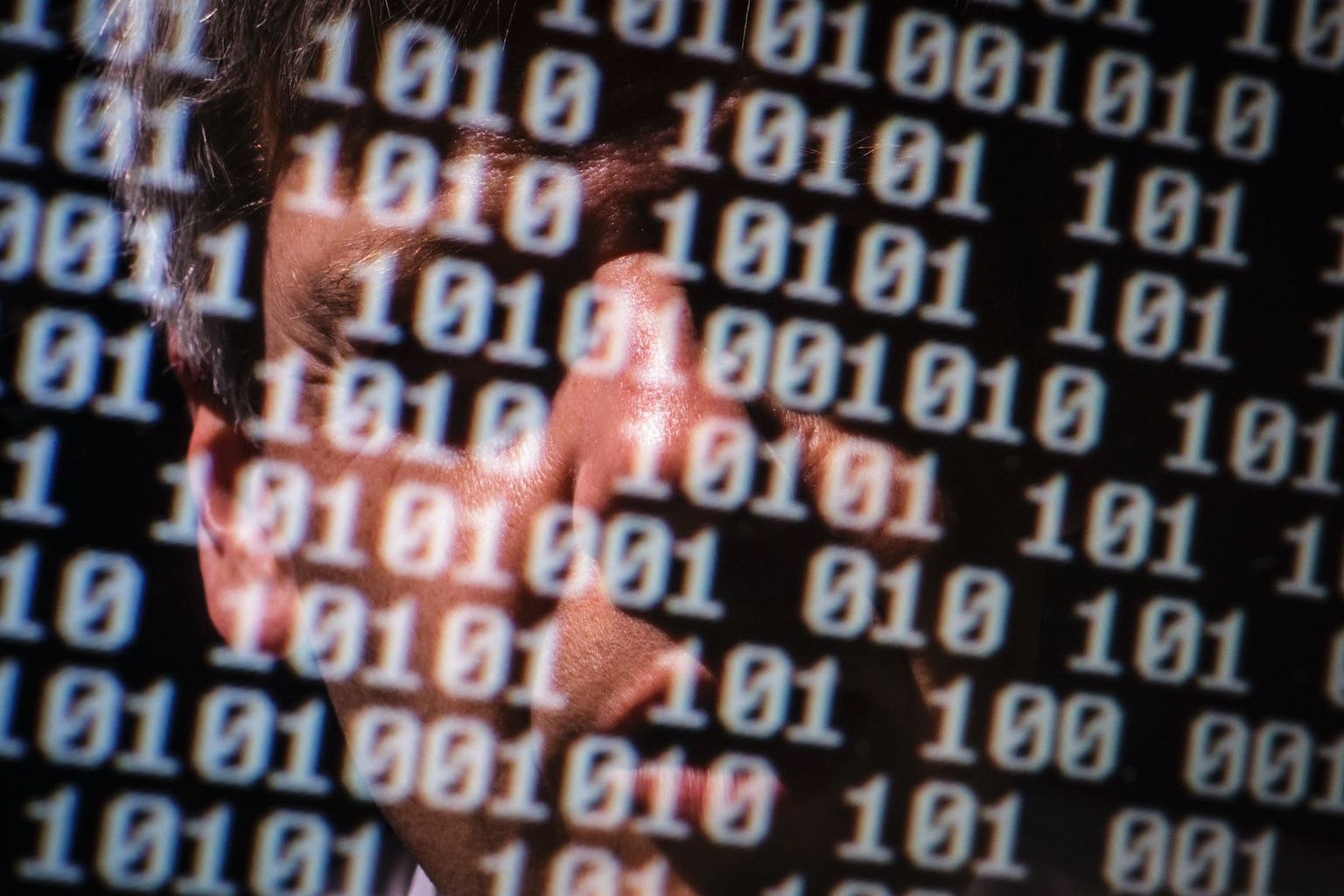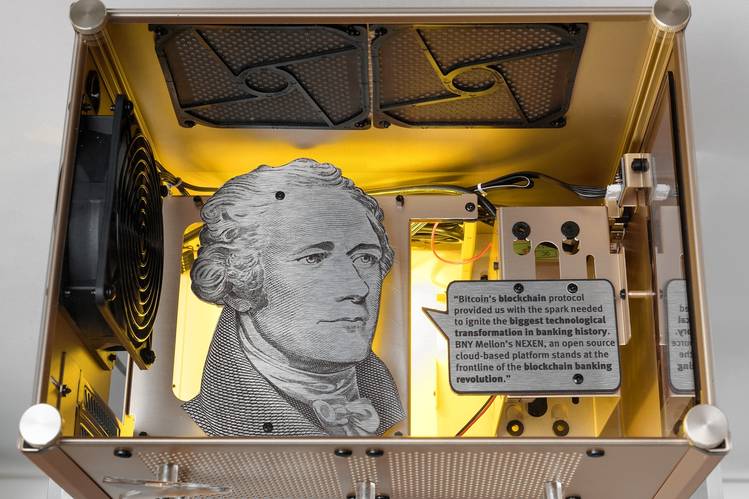
California Space Center (CSC) founder Eva Blaisdell announced in a press release sent to CoinReport the launch of “Copernic,” a blockchain-based, finance-focused rights management system developed for the space industry.
Named after legendary Polish astronomer Copernicus, Copernic will provide the infrastructure for the future space economy and ecosystem to be built upon, said CSC.
After mentioning that Elon Musk, the legendary founder of SpaceX, Tesla and PayPal recently presented plans at the ICA in Guadalajara outlining the next era of space exploration and the first steps towards colonization, the press release went on to say that Copernic was designed to be a platform for the space colonization era. With a system designed to be functional both on Earth and in space, Copernic, said CSC, plans to provide the ecosystem with an effective and transparent platform for the registration of rights and transfer of value.









